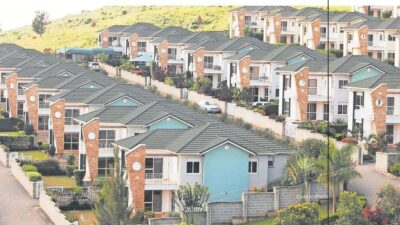Fraud undermines Uganda’s real estate sector, with title duplication and fake brokerage operations costing the market UGX 250 billion annually. These illicit activities erode investor confidence, inflate transaction timelines, and spotlight regulatory gaps.
Fraud Types & Scale
- Title Duplication: Annual Ministry of Lands surveys detect over 8,000 parcels with duplicate titles, often resulting in multiple sales and subsequent litigations.
- Ghost Estates: Online-only promotions for nonexistent properties have scammed buyers for UGX 5–20 million per incident, revealed by Daily Monitor exposés.
Regulatory & Tech Responses
- Agent Licensing Regulations 2025: Mandates mandatory licensing, criminal background checks, and a code of ethics, with fines up to UGX 10 million for unlicensed practices.
- Blockchain Pilots: Land LayBY UG’s Wakiso pilot records 5,000 parcel titles on an immutable ledger, reducing verification times and fraud vectors.
- Escrow Services: Platforms like EscrowPay hold buyer deposits in secured accounts, releasing funds only upon confirmed title transfer.
Challenges Remaining
- Enforcement Gaps: Limited manpower at Land Registration Offices delays investigations and court proceedings.
- Public Awareness: Only 30% of buyers verify license status or use escrow services, highlighting the need for educational campaigns.
Investor Implications
- Due Diligence Costs: Allocate 2–3% of project budgets for legal and verification fees; leverage digital verification tools.
- Collaborative Initiatives: Supporting public awareness drives or capacity-building for regulators can strengthen market integrity.
Conclusion
The real estate fraud battle in Uganda hinges on effective regulation, technological adoption, and public education. Continued rollout of licensing frameworks and blockchain registries promises to shrink fraud lanes, bolstering investor trust by 2026.



